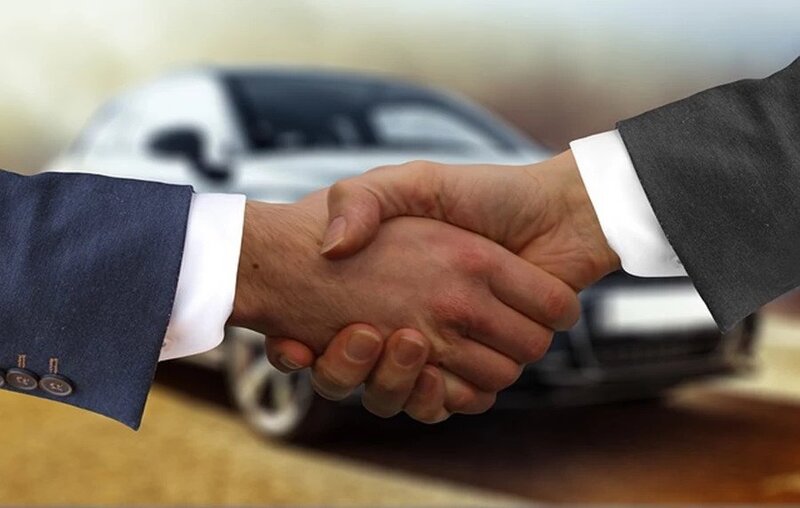A Lesson in Basic Economics: Tom Buys a Car from Harry


What a used car transaction can teach us about subjective value.
Tom is in the market for a used car. Harry is interested in selling his car. Tom and Harry meet and agree on a price of $7,500. Tom gets Harry’s car, and Harry gets Tom’s $7,500. Tom presumably values having the car more than anything else he can do with the $7,500. Likewise, Harry values what he can do with the $7,500 more than his car. Tom is better off. So is Harry.
How much better off are they? For Tom, it’s the difference between the use values Tom attaches to the car and the $7,500. For Harry, it’s the difference between the use values Harry places on the $7,500 compared to the car. There is no reason that Tom and Harry’s gains should be equal.
“Note that the objective for both Tom and Harry is the imports they obtain, not the exports they use to obtain imports”
Tom is “exporting” $7,500 and “importing” the car, while Harry is “exporting” the car and “importing” the $7,500. However, since the use value Tom derives from the car exceeds $7,500, his true imports are greater than $7,500. Likewise for Harry, the use value he attaches to his cash imports exceeds $7,500, meaning he’s really importing more than $7,500.
In effect, Tom and Harry both have balance of trade deficits—not in an accounting sense but in an economic sense. If they didn’t, the trade wouldn’t occur! Tom’s “deficit” is the difference between the use value of the car he imports and the $7,500 he exports to pays for it. Harry’s “deficit” is the difference between the use values of the $7,500 he imports and the car he sells for $7,500.
“...the mantra of our business and economic culture treats exports as intrinsically beneficial...”
Note that the objective for both Tom and Harry is the imports they obtain, not the exports they use to obtain imports. Absent the imports, there is nothing intrinsically beneficial about their exports. Indeed, had Tom only exported the $7,500 without obtaining the car, he would be worse off. Likewise, had Harry only exported the car, not importing the $7,500, he would be worse off.
The latter observation is important because the mantra of our business and economic culture treats exports as intrinsically beneficial, with imports grudgingly accepted at best. An excellent example of this is how this culture describes international negotiations whose purpose is to increase international trade. Actions that increase access to imports are labeled negotiating “concessions.” In other words, permitting people to import more is a bargaining chip to secure comparable foreign “concessions” for US exports.
That’s like Tom reluctantly accepting Harry’s car while offering a price above the $7,500 price they had agreed on so that he can export more. Ditto for Harry. He would focus on accepting a lower price so he could import less. Make sense? No. Indeed, such behavior is a recipe for financial disaster. Both will end up ill-housed, ill-clad, and ill-fed, if not dead should they organize their personal affairs consistent with this business and economic culture.
Like Tom and Harry, purveyors of this business and economic culture don’t organize their personal affairs consistent with what they advise for the country. Their actions speak so loudly that we can tune out on their bogus analysis.
This article is courtesy of T. Norman Van Cott and The Foundation for Economic Education, under a Creative Commons Attribution 4.0 International License. The original can be found here.